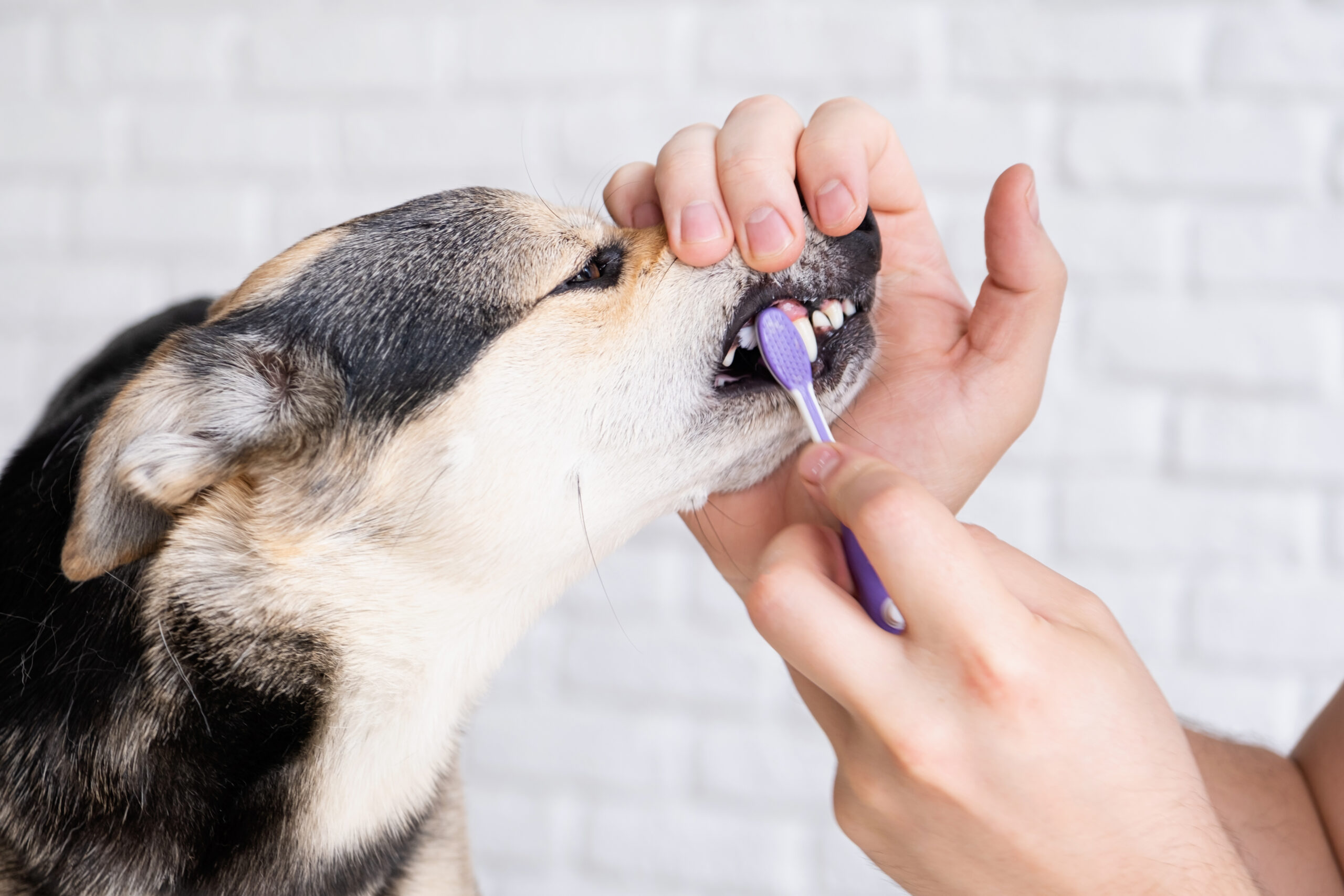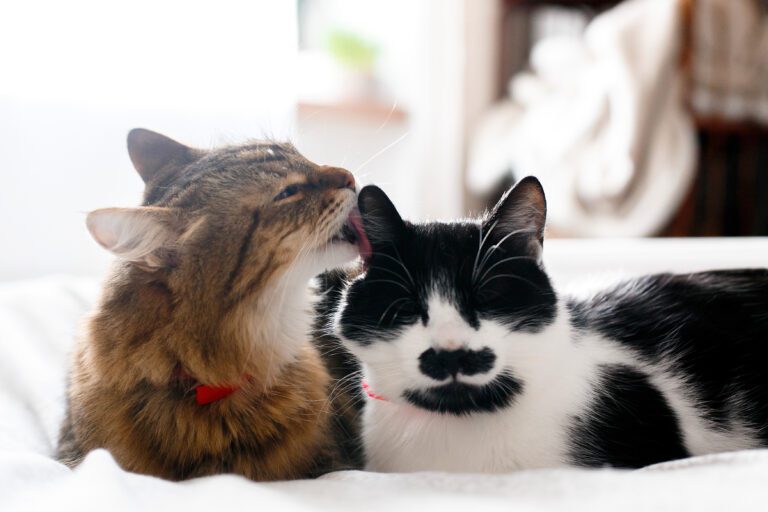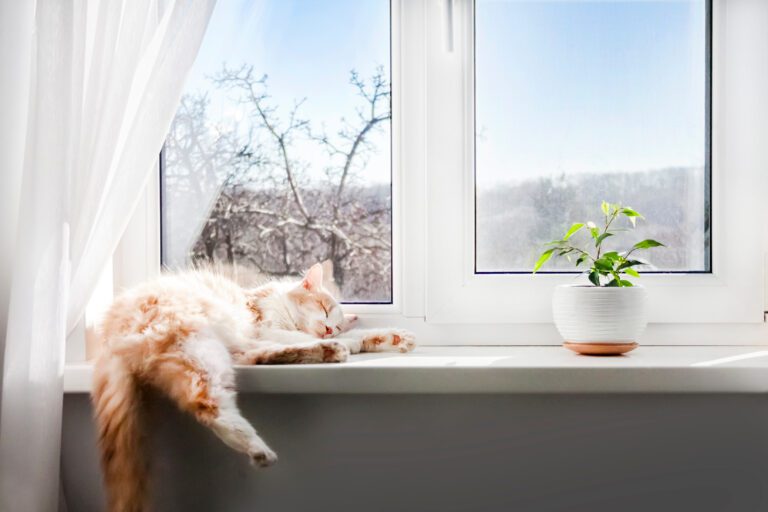Brushing your dog’s teeth is an important part of maintaining their oral hygiene. Ideally, you should aim to brush your dog’s teeth daily or at least three times a week. Regular brushing helps prevent the buildup of plaque and tartar, reduces the risk of gum disease, and maintains overall dental health. However, not all dogs readily accept teeth brushing, and it can be challenging to establish a daily routine. In such cases, there are alternative options available to maintain dog dental hygiene:
Alternatives to Teeth Brushing
- Dental Chews and Treats: Dental chews and treats are designed to promote oral health by reducing plaque and tartar buildup. They can help mechanically remove debris and provide a chewing action that aids in cleaning the teeth. Look for products that carry the Veterinary Oral Health Council (VOHC) seal, as they have been tested and proven effective.
- Dental Wipes or Pads: Dental wipes or pads are an alternative to brushing. They are usually textured and pre-moistened with solutions that help remove plaque and freshen the breath. You can use these wipes to gently rub your dog’s teeth and gums, promoting oral hygiene.
- Water Additives: Some water additives are formulated to improve dental health. These additives are added to your dog’s drinking water, and they work by reducing plaque and tartar buildup. However, they are not as effective as direct mechanical cleaning methods like brushing.
- Professional Dental Cleanings: Regular professional dental cleanings by a veterinarian are essential for maintaining your dog’s oral health. These cleanings involve scaling and polishing the teeth under anesthesia to remove plaque, tartar, and address any oral health issues.
Remember, while alternative options can be helpful, they are not a substitute for regular brushing. Brushing remains the gold standard for maintaining optimal dental hygiene in dogs. Gradual training, using pet-friendly toothpaste and a soft toothbrush or finger brush, can help make the process more manageable for your dog. Consult with your veterinarian for guidance on specific dental care options based on your dog’s individual needs.
Check out our Ultimate DIY Dog Grooming Guide!






